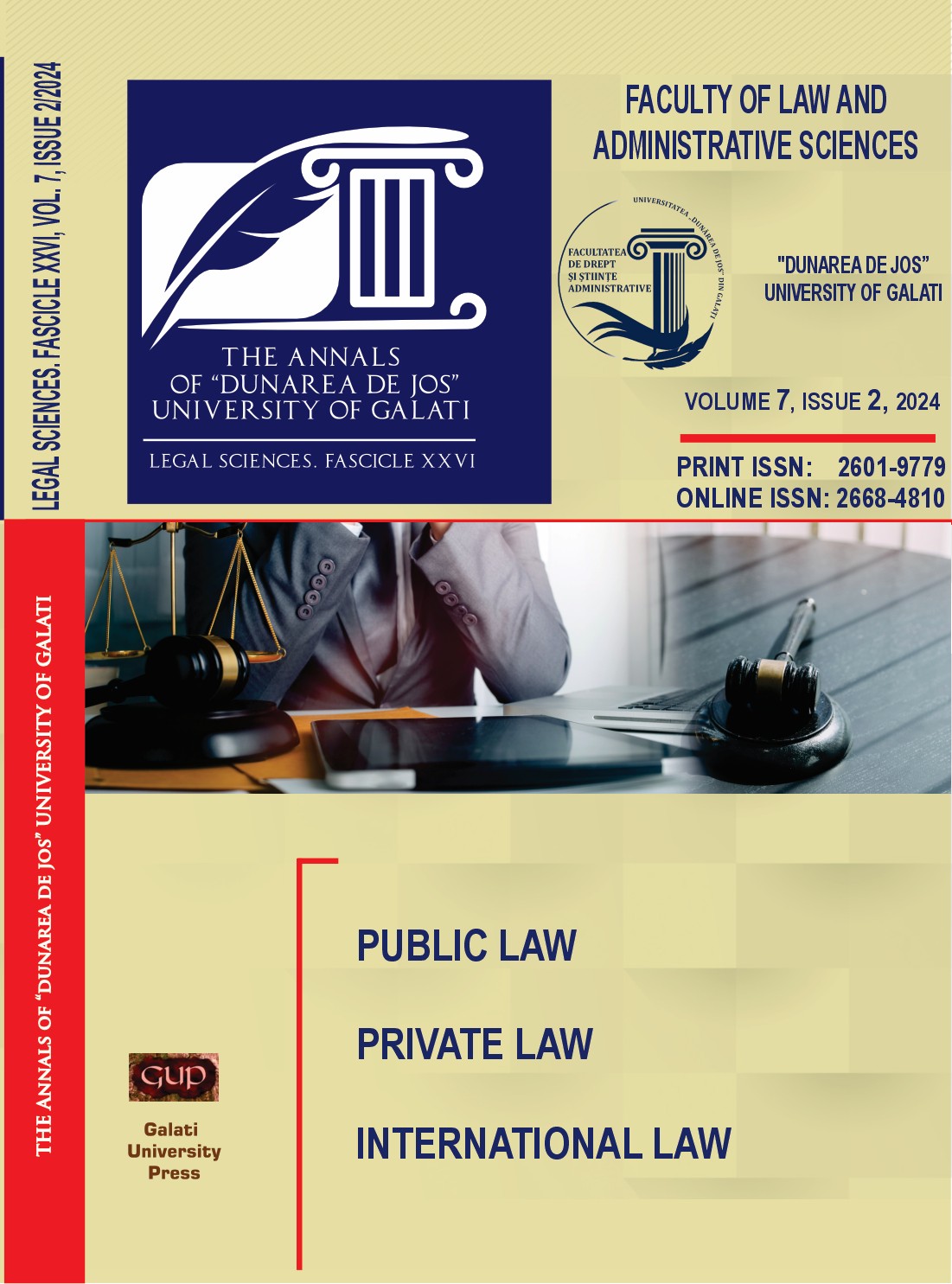Authors and the Art Market – Confronting Doctrinary Paradigms and Jurisprudence
Abstract
This paper examines the relationship between copyright doctrines and the development of the Romanian art market, focusing on the differences between Anglo-American and Continental European legal systems. Romanian law, rooted in the Continental tradition and influenced by French principles, emphasizes the moral and non-patrimonial nature of authorship, treating creative works as extensions of the creator’s personality. Conversely, the Anglo-American approach views copyright as an economic construct focused on reproduction and utility, prioritizing labor, skill, and marketability over personal ties to the work. Despite Romanian law’s Continental roots, the global dominance of Anglo-American norms has shaped perceptions among local practitioners, creating confusion and inefficiencies. This misalignment hinders the systemic development of the Romanian art market, complicating issues such as exhibition practices, monetization of works, and the transfer of rights. The study highlights the need for increased education on legal frameworks, greater professionalization through curatorial practices, and better integration of artist estates and succession-based rights management. By aligning legal principles with practical realities, the paper argues that the Romanian art market can overcome its structural challenges and unlock the economic and cultural potential of its cultural market. This research contributes to understanding how law and art intersect to influence the growth of the artistic and cultural market ecosystem.

This work is licensed under a Creative Commons Attribution 4.0 International License.
The author fully assumes the content's originality and the holograph signature makes him responsible in case of trial.


